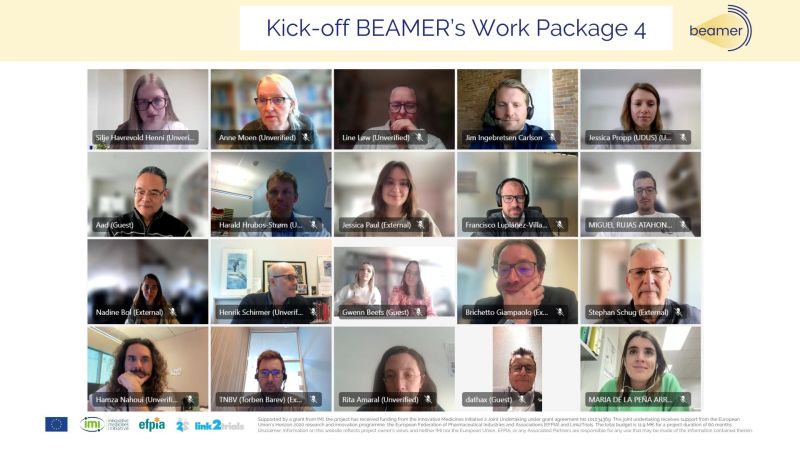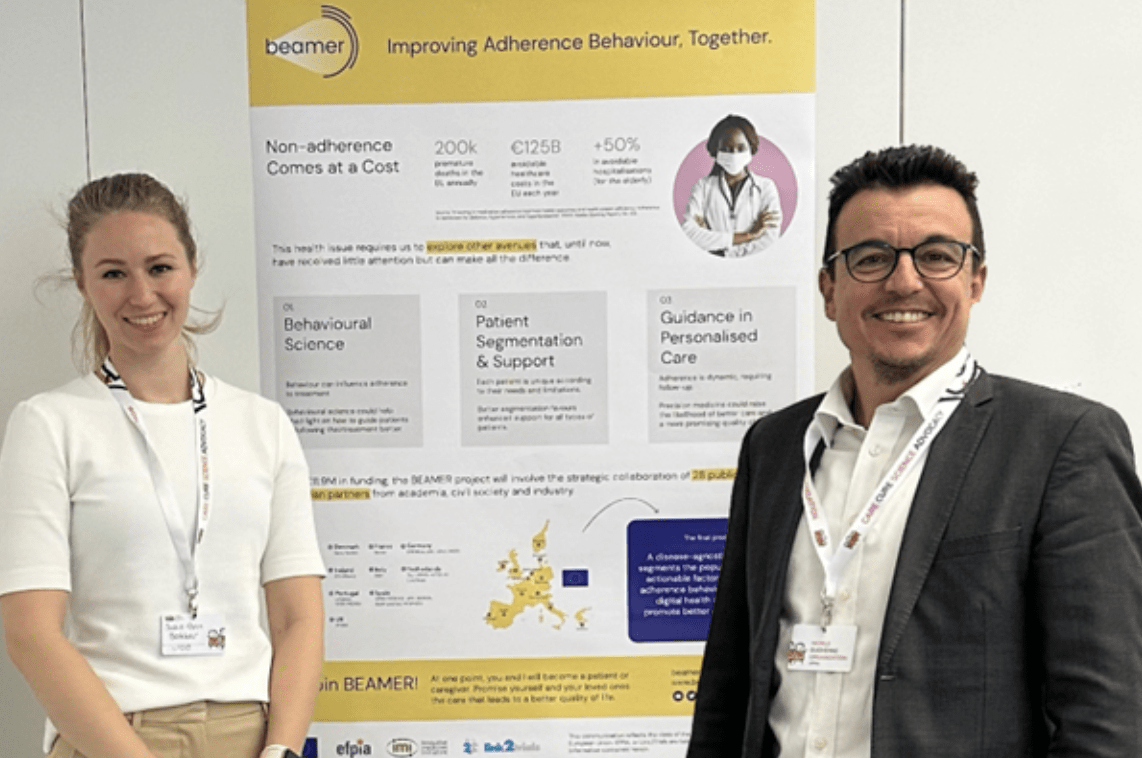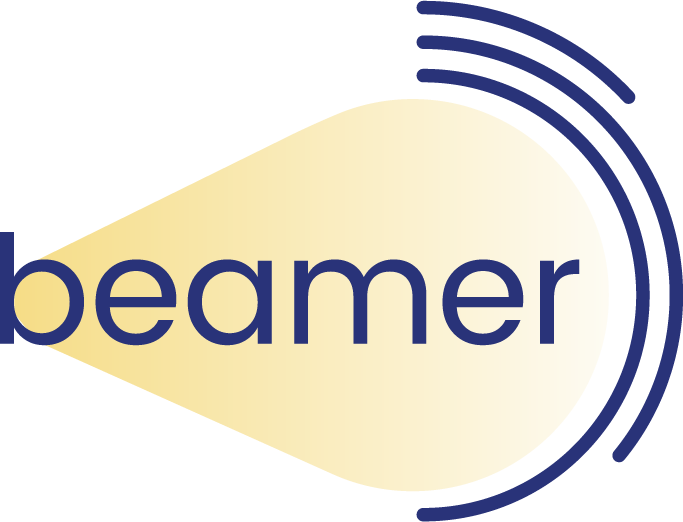Improving Treatment Adherence: The Importance of Science Of Patients’ Engagement

Why Is Treatment Adherence Important? Failing to adhere correctly to a therapy can have serious consequences, both individually and for the entire healthcare system. For people with multiple sclerosis, not following treatment can lead to worsening symptoms, an increase in relapses (reoccurrence of new or old symptoms), and in some cases, progression of the […]
Validation of the BEAMER Model – factors influencing adherence behaviour

The BEAMER project is an Innovation Medicine Initiative (IMI) funded public-private partnership that focuses on understanding factors that impact a patient’s adherence across various disease areas. Our primary objective is to develop a model that identifies patient needs and preferences, which in turn enables patient-specific support for improving treatment adherence. The BEAMER project’s proposed model […]
Understanding Duchenne: The Role of World Duchenne Organization in BEAMER

(From left to right: Suzie-Ann Bakker and Dimitrios Athanasiou, World Duchenne Organization) The role of patient organizations in international research projects is as unique as it is important. Patient organizations serve as the collective voice of people living with this specific condition. In research projects, they ensure that outputs are designed to address the […]
An analysis of medication adherence through Electronic Health Records (EHR) data

As researchers in Pharmacoepidemiology and Pharmacovigilance focused on studying the use, adherence, effectiveness and safety of drugs in different conditions and populations in Primary Care using data proceeding from the Electronic Health Records (EHR), understanding and managing such massive data poses a significant challenge for our research group. We have access to a large amount […]
“Lighting The Way” Blog Series #6: Adherence and Effiency

Each month, we convene several partner organisations from the BEAMER project to discuss one of the six dimensions of quality care—safety, effectiveness, patient-centredness, timeliness, efficiency and equity—as it relates to adherence to treatments. You will learn more about who they are and why they care so much about improving adherence across Europe. You’ll also […]
“Lighting The Way” Blog Series #5: Adherence and Equity

Each month, we convene several partner organisations from the BEAMER project to discuss one of the six dimensions of quality care—safety, effectiveness, patient-centredness, timeliness, efficiency and equity—as it relates to adherence to treatments. You will learn more about who they are and why they care so much about improving adherence across Europe. You’ll also […]
“Lighting The Way” Blog Series #4: Adherence and Effectiveness

Each month, we convene several partner organisations from the BEAMER project to discuss one of the six dimensions of quality care—safety, effectiveness, patient-centredness, timeliness, efficiency and equity—as it relates to adherence to treatments. You will learn more about who they are and why they care so much about improving adherence across Europe. You’ll also […]
“Lighting The Way” Blog Series #3: Adherence and Timeliness

Each month, we convene several partner organisations from the BEAMER project to discuss one of the six dimensions of quality care—safety, effectiveness, patient-centredness, timeliness, efficiency and equity—as it relates to adherence to treatments. You will learn more about who they are and why they care so much about improving adherence across Europe. You’ll also […]
“Lighting The Way” Blog Series #2: Adherence and Patient-Centredness

Each month, we gather a few partner organisations from the BEAMER project to discuss one of the six dimensions of quality care—safety, effectiveness, patient-centredness, timeliness, efficiency, and equity—related to treatment adherence. Today, we’ll speak with patient organisation APDP Diabetes Portugal, full-service recruitment and adherence company Link2Trials, and non-profit organisation UDG Alliance. You’ll learn more about […]
“Lighting The Way” Blog Series #1: Adherence and Safety

Each month, we gather a few partner organisations from the BEAMER project to discuss one of the six dimensions of quality care—safety, effectiveness, patient-centredness, timeliness, efficiency and equity—as it relates to adherence to treatments. Today, we’ll speak with representatives from patient organisation World Duchenne Organisation, biopharmaceutical company Pfizer and research institution IDIAPJGol. You’ll learn more […]





